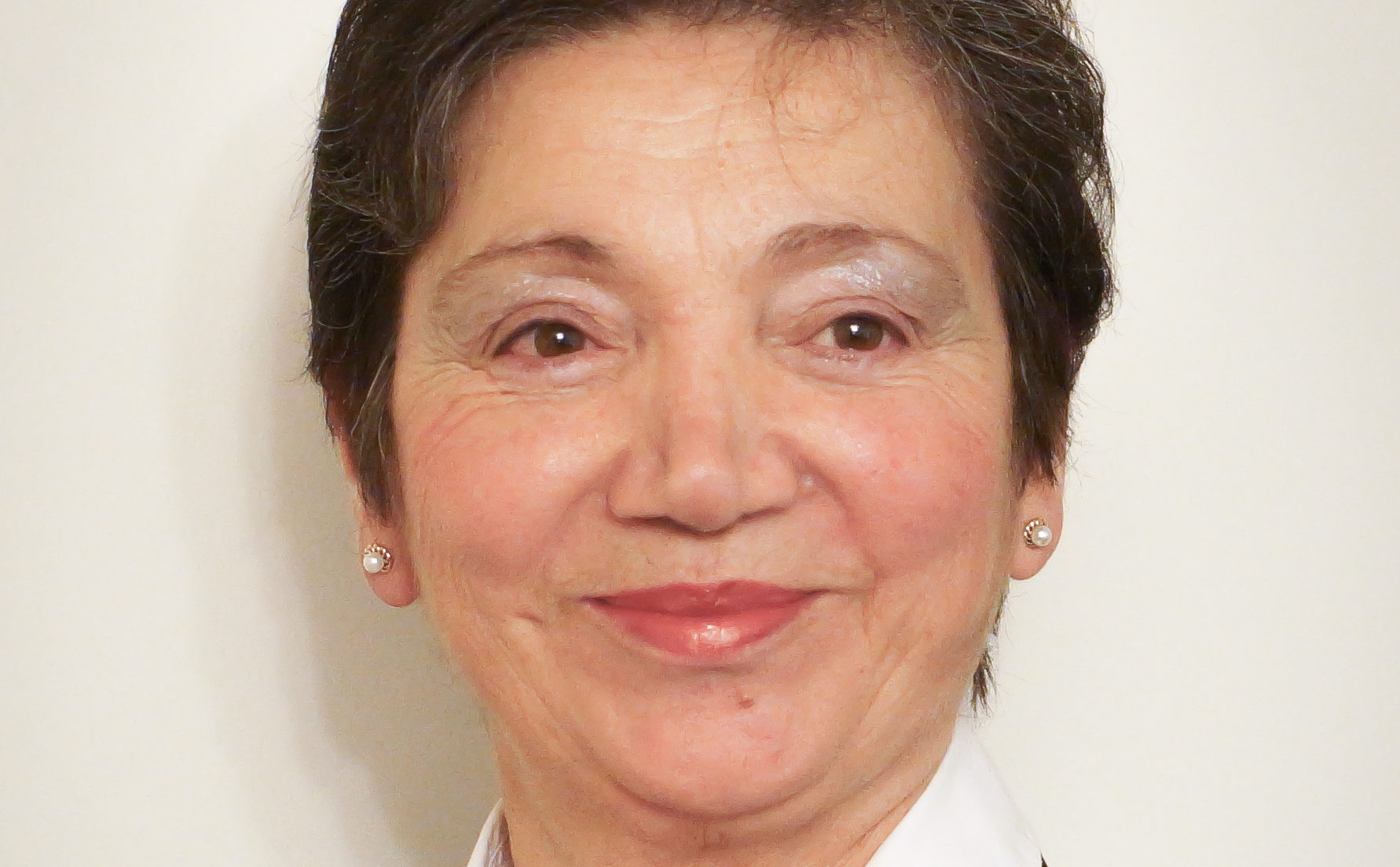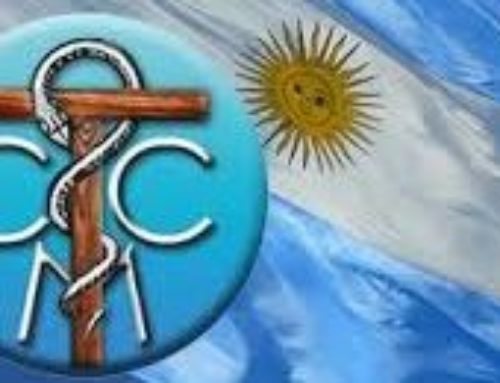Towards Journey’s End.
Anne Lastman
As we read about the short trip from the upper room where the Passover was held and the end of the journey, Jesus not only fulfilled his words “unless you eat of the flesh of the Son of Man and drink his blood, you have no life in you. (Jn: 6:53). on that night in the supper room those words took on actual flesh. He instituted the manner in which this “eat and drink” was to be continued till the end of time.
These words were provocative because to the Hebrew person who knew Torah, the command was “but you shall not eat flesh with its life in it, that is, it’s blood still in it because life is in the blood. (Gen9:4) and in Leviticus “For the life of the flesh is in the blood and I have given you the blood on the altar to purify you, making you right with the Lord. It is the blood, given in exchange for a life, (Jesus) that makes purification possible (Lev 17:11) “For it is the blood that maketh an atonement for the soul.”
When Jesus spoke the words in John 6:53 about eating of his flesh and drinking of his blood many followers left him, “this is a hard saying; who can listen to it” (Jn 6;60) because having heard and learned Torah eating of flesh with blood in it was anathema was and strictly forbidden. But even though he knew that there were those who would walk away from him , the new covenant was to be signed (as with all covenants) with his blood. This would be the final covenant signed with the blood of the Divine Son and the eating of his flesh would be the means by which eternity could be achieved. This flesh and blood ended all the need for further sacrifices and further covenants between God and man.
Having prepared those with whom he entrusted this ministry of consecration (set apart one for higher office- priesthood) was to be through words of consecrated priest through whose uttered words would change the elements (bread and wine) into his real flesh and blood and thus continue this sacrifice, when he spoke those glorious words, until the end of time. This is the covenant in his blood. His body and bloody for the soul of man. An exchange to cleanse and redeem that creation which had forgotten that Yahweh God would go to all lengths for the salvation of his creation through the creation of a Priesthood to resemble his beloved son.
There’s no doubt that during that supper, and the words which would permanently echo through time, and be present to all who would want to share in it, the apostles could still not be able to understand but Jesus promised that he would send another who would explain all and remind them of all which went before. Spiritus. To teach them what all he has spoken about to them means. At the end of the supper and the reminder of the words about the need for his flesh with blood needed to reverse what was spoken about in Lev (17:11) was to be the “last supper” and was so important that he ensured that all preparations were made for the celebration of his last Passover.
The preparation for the Passover because this feast had been a requirement which followed a pattern since first Passover commemorating the Israelites’ Exodus from Egyptian slavery, believed to have been about 4-6,000 years ago. Each item served at the ceremony had and has and will have a meaning remembrance of their ancestors and even in our day, being really present with them in their sufferings and then Exodus. Does this remind us of something we know? Anamnesis. An event made present, real and continuous. An exact “type” of Eucharist. A past event made present real and continuous, for all time.
which always served lamb (shank bone), maror (bitter herbs) salted water (tears) egg( new life) parsley, Charoset, (symbolic of mortar used by Israelites to bond bricks during their enslavement in Egypt) made of various nuts honey, apples, spices, and this holds a very special place at a Seder for its sweetness after the bitterness of enslavement in Egypt.
During the Seder the history of the People of God is retold, children involved special prayers recited, and table always set with one extra place for the possible arrival of the prophet Elijah thus leaving an extra cup of wine, 4th cup, and leaving door open, believing that his appearance announces the coming of the Mashiach (Messiah).
At this last Passover, Jesus, would be the The Lamb who had come to take away the sin of the world (Jn:1-29) He would be the lamb which would be shared beginning with them, in a manner (bread/matzos and wine) which made it possible for all human beings to eat and drink for all peoples and all times. Jesus, the future and highest of all priesthood, and his offering to his Father the ultimate sacrifice and initiation of the new priesthood for humanity. Priesthood, like himself.
Having completed the promised reversal of forbidden eating and drinking of flesh with blood in it, he has slowly completed the reversal of all the harm caused by the sin of origin. His blood cleansed the tainted blood.
Following the servant ministry of new priesthood and his pronouncement that they were to do likewise and then singing the psalms of the Hallel (Ps 113-118 Psalms of praise)and perhaps even the psalm of the great Hallel 136; The Psalm of the greatest praise, the Passover completed, and new covenant and promise to remain with them for all time, the Passover completed, the New Covenant in His body and blood established, the journey to Gethsemane and the beginning of his suffering and atoning for all sin of flesh to begin.
For this he asked that only Peter, James, and John to accompany him. It has been wondered why only these three-apostles chosen when the others had also accompanied him throughout three years of ministry. It may be posited that the reason may have been because Peter was to be leader first “the rock”, James would be first leader of the Church in Jerusalem (we know this because his Gospel is the Gospel for Hebrew population and his references to their history, and God’s promise “that a shoot will come from the stump of Jesse and from his roots will bear fruit (father of King David. Is.11.1) and John the youngest to write a Gospel of the intimacy and love of God for his people, and the place of Jesus in promise of redeemer, and further John would take care of his mother Mary as a son would, and John was given the honour of having her as his own mother. It’s surprising that other denominations cannot see that Mary, the mother of Jesus could not have had other children because if she did have other children Jesus would not have given his beloved mother into the care of someone not a kinsman/woman, but instead he gave her into the care of the youngest apostle. The one who would possibly live longest.
Every time we read about this walk towards Gethsemane, we feel a sense of heaviness. We hear Jesus asking Peter, James, and John to wait with Him (Mt: 26:38) its said if the fear within him had begun, then he would have wanted just someone to be there. Not to do anything, but simply their presence with him. The moment had arrived for him completely surrender his total will to the father (even through anguish and fear) and needed to know that he was not alone. but sadly, under the weight of the evening’s proceedings, plus the 4 mandatory cups of wine drunk during seder, sleep overcame them, and tragically they missed seeing his beautiful angel come and minister to him. His guardian angel? Gabriel? The compassion of the heaven?
However, even the unfortunate sleep by the apostles has left for us a precious gift because we can “stay awake and watch” (Mt 26:40) and we have the great opportunity to do this on behalf of the three who wouldn’t. We do this every time we enter a church and sit and simply watch. Not even pray but sit with him. We do this for our brothers and sisters who cannot do it. Every time we do this; we have the honour of doing the Gethsemane Watch. God has no time limit; every time we do this we are actually sitting with Jesus and waiting with him.
I remember many years ago experiencing the Peter, James and John experience. After work (counselling) went into my parish which had an adoration chapel, it was teeming with rain outside, and I was alone in the chapel which had a lovely heater going and a very warm and comfortable chair. I placed my bag on floor, said hello to the Lord and proceeded to go into deep sleep. I woke up when another came for adoration and I was so embarrassed both with the Lord and the woman. She kindly told me to remember that I did exactly like Peter, James, and John. “You were tired and felt safe enough to fall asleep. now you can understand how they must have felt to fall asleep. It’s OK. You slept with the Lord and he protected and looked with love at you” After 40 yrs I can still remember this incidence in my life. Come and watch. Wait a while. This is a call of our God to stop a while he carries the sins of others and simply comfort him by letting him see our face. But sadly, he remains alone most of the time. In his own deep loneliness.
Ostensibly it appears that the apostles let Jesus down, and abandoned Him, and perhaps they did. However, whenever we stand and hold the hand of a dying person, whenever we wait hour after hour after hour with someone to turn the corner. Whenever, we spend hours sponging the dry lips of someone we love. Whenever we pray hour after hour, for healing, but for God’s will to be done at all times. Whenever, we close the eyes and catch the last breath of a human being who’s leaving for home, then we fulfil the request of Jesus to wait and watch with Him for an hour. (Mt 26:36-46) In our day, when we respond to the call to “be with me a while” we act not only on our behalf but for and on behalf of Peter, James and John.
As I reflect on the love of Jesus for His friends who could no longer wait and watch (Mt. 26:41) I am reminded of another long-ago battle. Another garden. Just as that battle was intense with temptation, so again the battle in this garden (Gethsemane) was also intense with temptation. To flee from the coming suffering. For Jesus, the fear and perhaps even the temptation to run from the forthcoming suffering, but he couldn’t flee. His will surrendered to his Father
There were battles and temptation waged that night in Gethsemane just as the battle and temptation of another garden eons earlier (Eden) but in this garden (Gethsemane) the one tempted stayed firm with trust in His father. Unlike eons ago, when the temptation to trust was surrendered to someone else which led to a long journey ending in a garden. Even the garden needed redemption and so another garden to see not only sin but forgiveness.
When in pain, unlike Jesus, we want to run away. We want to have just one minute, one hour, or day without pain because there is an eon ago echo of human person who was not created for pain ( it’s so alien) but was created for joy. Pain is the enemy of joy, bliss. Pain began in that other garden long ago and indeed it had to be brought to judgement in another garden with the pain of another innocent like the first innocents.
There is an eerie silence crossing the Kidron Valley and heading towards the garden and this silence continues through deep sighing, groaning, pleading, praying and is heard from one deeply pain filled voice. His pain so intense that sweat fell as blood. His Agony (Mt 26:30) leaving behind blood which redeemed another creation, earth, from which man and woman were moulded.
In our reflection of the agony in the garden we are made present to the sufferings of our beloved Lord. We are able to sit close to him not to stop what must happen but to “wait a while” as he accepts the sufferings meant for the creature so that the creature may again be in the company of their creator. We sit as an angel of comfort also visits to be with him and who also visits wherever there is pain. The angel of comfort may not be able to remove the pain but soothes the one experiencing the pain. It’s a pain shared.
We, in our keeping our Blessed Lord company on this Holy Thursday night keep this companionship and His request to wait and watch and pray a while thus continuing his request every time, we comfort another. “Whatever you did to the least of mine you did it to me” We sit awake even in weariness and comfort the one in pain, just like the angel of comfort, comforted Jesus. We make up what was lacking (Col 1:24) at that moment when his friends could not remain awake. We remain awake on their behalf and are so honoured to be given this gift of participation in the agony of Jesus in the garden.










